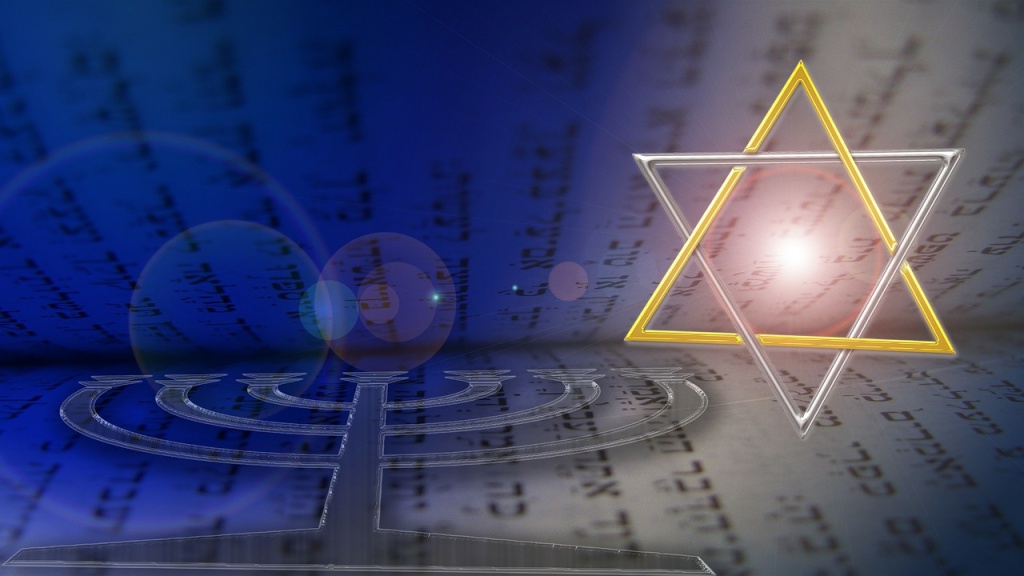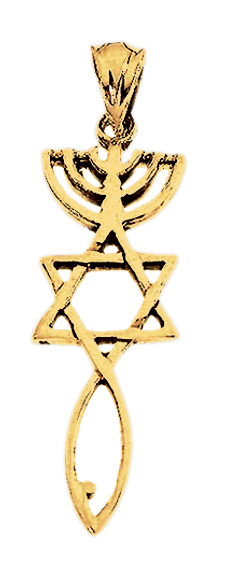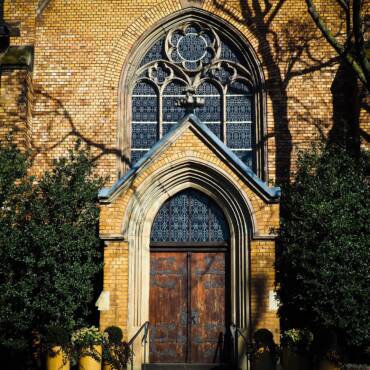Is the Virgin Birth Jewish?

By Sam Nadler
Of all the miracles the Bible attributes to God, it seems the virgin birth of Messiah arouses the most controversy. The same Bible that reveals God, declares the virgin birth to be a historical fact. Some question whether it can be considered a scientific fact since it cannot be observed nor repeated. But, then what miracle can be? The virgin birth of Messiah is simply another unique and miraculous work of God!
Miracles may be irrelevant for those who dismiss the possibility of God. But, if God is even a possibility, then so are miracles. “But still”, you may think, “the virgin birth is hard to believe.” Actually, it depends on how big your God is! For the One who is the Creator of all, no miracle is too difficult, and thus, no miracle should be dismissed out of hand.
Also, for Jews, miracles are the only rationale for our own existence. After all, if left to the preferences of the Egyptians and Pharaoh, the Persians and Haman, or the Nazis and Hitler, we Jews wouldn’t be here at all! Yet, while other ancient peoples have come and gone (do you know any Hittites?), the Jewish people remain. God promised to keep us as a people, and miraculously, He has done it.
Miraculous Births are Jewish
Moreover, miraculous births are a big part of the Jews’ history. God decided to bless the world through a people by whom the Messiah would come (Gen. 12:3). God chose Abraham and Sarah; as the Scriptures teach us, Abraham was too old and Sarah was barren (Gen. 11:30). Thus, we have a problem: God purposely chose to make a nation from the one couple that couldn’t have kids!
Rather than being a problem for God, this human limitation made the point. As the promise of God would effectively bless the world, so also it would take the power of God to make it happen. And miracle of miracles, Isaac was born. Isaac then married Rebekah. She too was barren, but again God intervened (Gen. 25:21). And again with Jacob and Rachel, who was barren (Gen. 29:31). Again, God miraculously provided a miracle birth (Gen. 30:22-24).
Biblical history shows that the existence of the Jewish people is based upon miracle births from God. So, rather than seeming abnormal, a miracle birth for the Jewish Messiah should be part of our expectations for the Messiah. After all, shouldn’t we expect the most unusual Person in the universe to have a most unusual entrance in His birth? His unique nature would actually require it!
Prophecy of a Virgin Birth
God told us to expect a virgin birth for the Messiah. As far back as the very first Messianic prophecy we see this same hope: “And I will put enmity between thee (Satan) and the woman and between thy seed and her seed; it shall bruise thy head and thou shalt bruise his heel” (Gen. 3:15).
God promised to remove that serpent of old, Satan, the father of lies and anti-Semitism, through the Redeemer, who would come from ‘the seed’ of the woman. This is God’s first attention-getting clue: a woman would be the instrument of Messiah’s coming.
In the prophet Isaiah we read Messiah’s prophetic birth announcement: “The Lord himself shall give you a sign: Behold, the virgin shall conceive and bear a son, and shall call His name Immanuel” (Isaiah 7:14).
Some people object to the word ‘virgin’ as an accurate translation of the Hebrew word almah. Yet, in the Hebrew Scriptures, the word almah is used seven times (Gen. 24:43; Ex. 2:8; Prov. 30:18; Ps. 68:25; Song of Sol. 1:3; 6:8), and every time it speaks of young women who have not had sexual relations.
In the 2nd and 1st centuries BCE, the Hebrew Scriptures were, for the first time, translated into Greek. According to tradition, it was translated by seventy Rabbis, which accounts for the name Septuagint, meaning 70. They translated almah as parthenos, or “virgin.” This was centuries before Messiah and thus objective and rightly used by the New Covenant (Matt. 1:23). So, there are no good grounds for thinking ‘virgin’ is an inaccurate reading of the Isaiah text.
It is sometimes argued that a different Hebrew word betulah, would have served as a better word for ‘virgin’. However, the two Hebrew words are largely synonymous (as Gen. 24, where Rebekah is identified by both), and either would make the point. In fact, it is not clear whether betulah would actually have been a good choice, since it is also used for a widow in Joel 1:8.
What’s in a Name?
Why the name “Immanuel” in Isaiah 7 rather than “Yeshua”? Many places in the Hebrew Scriptures tell us about Messiah, each giving us different names. In Isaiah 9:5(6), He is called “Wonderful Counselor, Mighty God, Eternal Father, Prince of Peace.” In Jeremiah 23:6, He is called “the Lord our Righteousness.” In Isaiah 7:14 it is “Immanuel.” As opposed to a “given name,” each of these names describe some quality of God’s nature or character.
Immanu-El (two words) mean “God is with us.” God will neither leave nor forsake us in our sins, for Messiah, the hope of the House of David, has come. We have, by faith in Messiah, the eternal relationship with God which our lives desperately need. For in Messiah Yeshua “God is with us!”
Isaiah told wicked King Ahaz that “if you will not believe, you will not be established” (Isaiah 7:9). The same is true for each of us. Let us have faith in the God of Israel’s greatest miracle, Messiah, that we may be eternally established before Him.
This is part of a Messianic Answer Series. Download “Isn’t the virgin birth inconceivable?” All of the tracts, including this one can be downloaded and printed for free. See the Word of Messiah Bookstore at wordofmessiahbookstore.com.




Add Comment